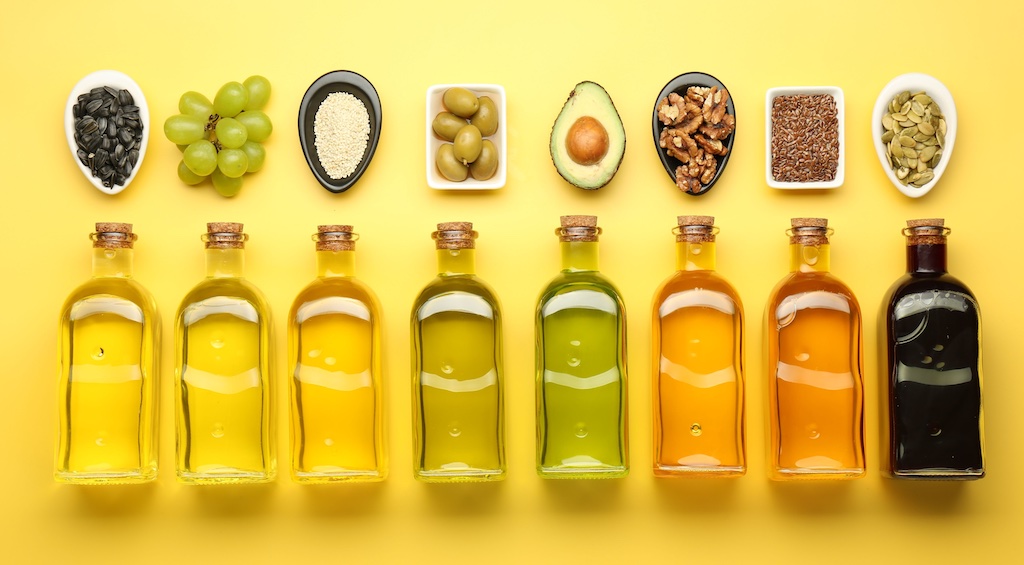They’re in your favorite “healthy” granola bars, your go-to salad dressings, and even lurking in that bag of organic chips you just picked up. Canola, sunflower, soybean, corn, and other seed oils have become staples in modern kitchens and packaged food products alike. But as nutritional awareness grows, so does the scrutiny and new research is putting these highly processed oils under the microscope.
 Photo Credit: Shutterstock
Photo Credit: Shutterstock
Once hailed as a heart-healthy alternative to saturated fats, seed oils are now facing backlash from both the wellness community and medical professionals. Institutions like MD Anderson Cancer Center have raised concerns about the long-term effects of regularly consuming oils high in omega-6 fatty acids. While omega-6s are essential in small amounts, excessive intake especially when not balanced with omega-3s can fuel chronic inflammation in the body. And inflammation, as we now know, is at the root of many modern illnesses, including heart disease, obesity, autoimmune disorders, and even certain cancers.
Part of the problem lies in how these oils are made. Most seed oils undergo heavy processing, including refining, bleaching, and deodorizing, which not only strips away nutrients but can also generate harmful byproducts. Combined with their widespread presence in fast food, processed snacks, and restaurant cooking, it’s no surprise these oils make up a significant portion of the average diet often without people even realizing it.
But this isn’t about fear, it's about informed choices. Rather than cutting out all fats, nutritionists recommend shifting toward more natural, minimally processed options like extra virgin olive oil, avocado oil, coconut oil, and even grass-fed butter or ghee, depending on dietary needs. These alternatives are rich in antioxidants and healthier fats that support everything from brain function to hormone balance.
The takeaway? A pantry audit might be overdue. Take a moment to check your labels, read ingredient lists, and consider how often seed oils are showing up in your meals. Swapping out that bottle of generic vegetable oil for a higher-quality fat could be a small but meaningful step toward better health.
In a culture obsessed with wellness trends, supplements, and biohacking, it’s easy to overlook the basics. But sometimes, the most powerful changes start with the simple act of choosing what we cook with. Because true wellness doesn’t always come in a capsule it often begins right in your kitchen.






















